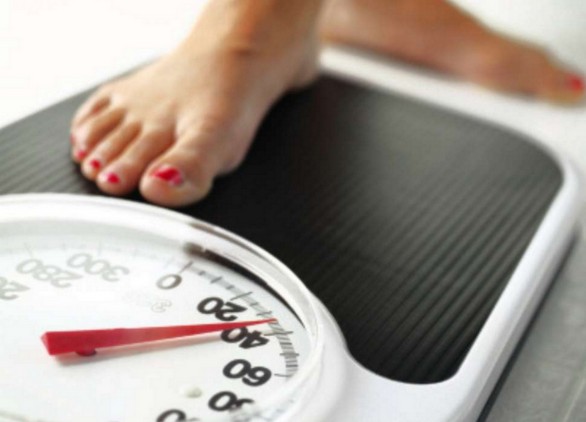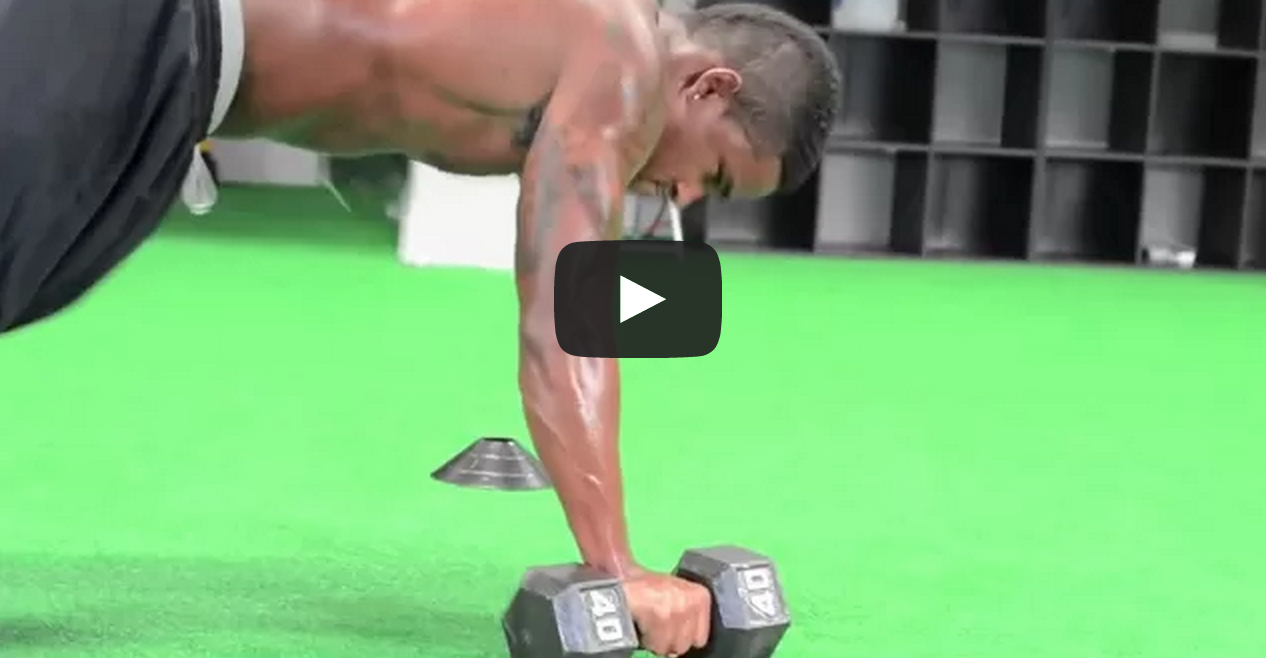More Articles
Motivation
Is Your Gym Making You Sick?
Did you know that it's possible to get sick from spending too much time at the gym? Even if you don't overdo it on exercise, there's still a higher risk of you contracting an illness. How is this possible?
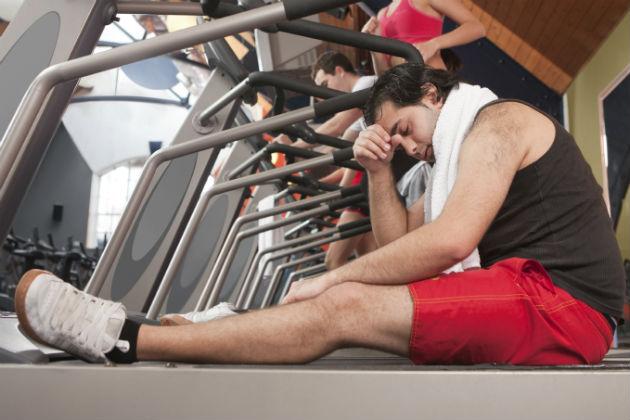
Exercise Reduces Glutamine
Glutamine is an amino acid that is found in your muscles -- in fact, your muscles are about 61% glutamine. Not only does this amino acid transport nitrogen through your body, but it also plays an important role in your immune function. A lack of glutamine can lead to reduced immunity to disease.
When you do exercise (particularly strength training), you burn a lot of glutamine. Your muscles are depleted of the vital amino acid, and your immune system suffers. Even if you don't overdo it on the exercise, immediately after your workout your immune system is a bit underactive. You may end up getting sick just because you are low on glutamine. Only after you've eaten your post-workout meal will you get your glutamine levels back up to normal, thus restoring healthy immune function.
Over-Exercising Suppresses Immune Function
If you exercise too much, it's very likely that your immune system will suffer as a result. Training for too long at a very high intensity can make it more likely that you will become sick.
Glutamine is an amino acid that is found in your muscles -- in fact, your muscles are about 61% glutamine. Not only does this amino acid transport nitrogen through your body, but it also plays an important role in your immune function. A lack of glutamine can lead to reduced immunity to disease.
When you do exercise (particularly strength training), you burn a lot of glutamine. Your muscles are depleted of the vital amino acid, and your immune system suffers. Even if you don't overdo it on the exercise, immediately after your workout your immune system is a bit underactive. You may end up getting sick just because you are low on glutamine. Only after you've eaten your post-workout meal will you get your glutamine levels back up to normal, thus restoring healthy immune function.
Over-Exercising Suppresses Immune Function
If you exercise too much, it's very likely that your immune system will suffer as a result. Training for too long at a very high intensity can make it more likely that you will become sick.
Studies have discovered that doing more than 90 minutes of high intensity exercise will suppress your immune system. The reduction in immune function can last for as long as 24 hours, meaning you're more likely to get sick for an entire day following your high intensity exercise. If you overdo it often, you're definitely at a much greater risk of being sick.
Exercising in the Wrong Conditions Can Lead to Sickness
If you spend time working out in the warm gym and then walk outside without sufficient protection for your chest, it's very likely that you will catch a cold. The sudden change in temperature can cause your body to react strongly, leading to illness.
At the same time, if there is a lot of dust in the air, you may end up inhaling a lot more than you would when sitting at your desk or lying in bed. Seeing as you're breathing in massive lungfuls of air, you're going to inhale a lot of dust or dirt. Those particles can cause infections in your lungs, throat and nasal canal.
You're Exposed to More Germs
Your gym is probably one of the dirtiest places you visit every day. There are millions of tiny microbes, pathogens and germs living in your gym, but they're far too small for your eyes to see. Every time you grip a barbell, hold the treadmill handles, or touch the floor, you're coming in contact with germs.
These germs can cause illness if you're not careful, which is why it's important to avoid contact as much as possible.
Do this, and you'll reduce the risk of getting sick while at the gym!
If you spend time working out in the warm gym and then walk outside without sufficient protection for your chest, it's very likely that you will catch a cold. The sudden change in temperature can cause your body to react strongly, leading to illness.
At the same time, if there is a lot of dust in the air, you may end up inhaling a lot more than you would when sitting at your desk or lying in bed. Seeing as you're breathing in massive lungfuls of air, you're going to inhale a lot of dust or dirt. Those particles can cause infections in your lungs, throat and nasal canal.
You're Exposed to More Germs
Your gym is probably one of the dirtiest places you visit every day. There are millions of tiny microbes, pathogens and germs living in your gym, but they're far too small for your eyes to see. Every time you grip a barbell, hold the treadmill handles, or touch the floor, you're coming in contact with germs.
These germs can cause illness if you're not careful, which is why it's important to avoid contact as much as possible.
- Never walk barefoot in the gym
- Use your own wraps and supports
- Wipe up any sweat, saliva, or blood after your workout
- Avoid contact with other people's body fluids
- Wash your hands
- Shower off after your workout
- Wipe down the machine before and after using it
Src fitday.com
Did you enjoy reading this article and recommend it to others? Thumbs Up now!  29
29
 29
29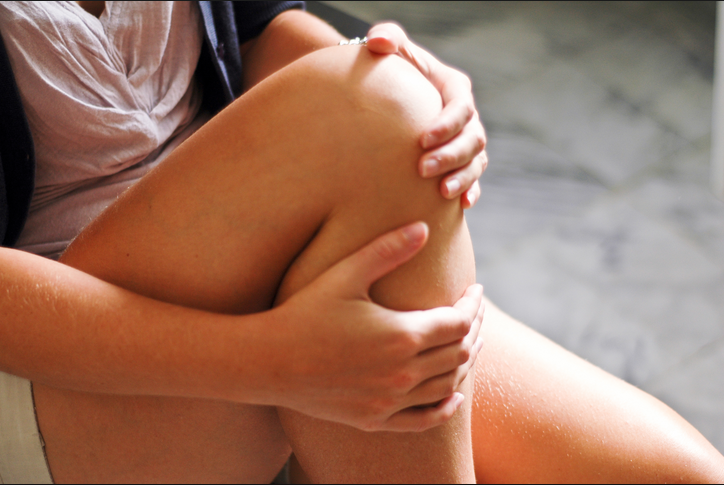
How to Exercise With Arthritis and Sore Joints
Exercise helps arthritis pain, but sore joints stop you from wanting to work out. Learn how exercise can improve your range of motion and make all movement easier.

How to Prevent Injuries When It Gets Cold
Winter is fast approaching, meaning we're soon going to be running, jogging and training in cold weather. Unless you prefer to be cooped up in the gym, you will find that your risk of injury is much higher in the winter.
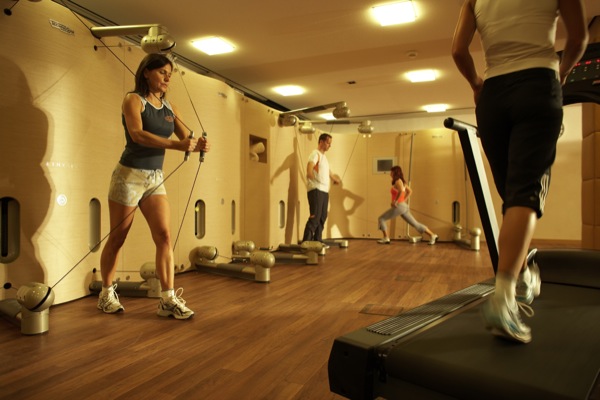
14 Tips for Starting and Sticking with a Workout Routine
Stop failure before it starts. 14 tips that make you stick to your workouts.
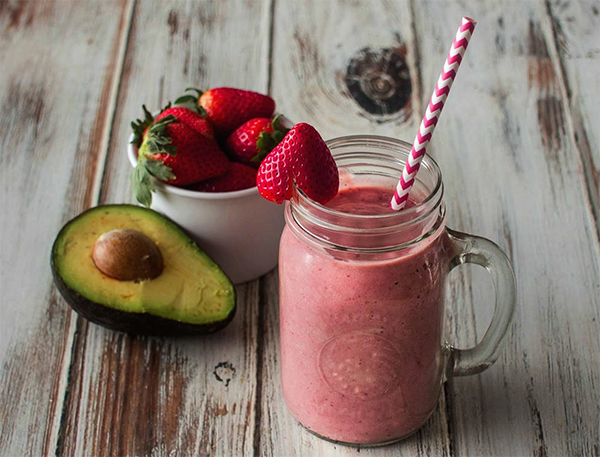
Strawberry Avocado Smoothie
A creamy smoothie that packs a punch in a delicious way!
